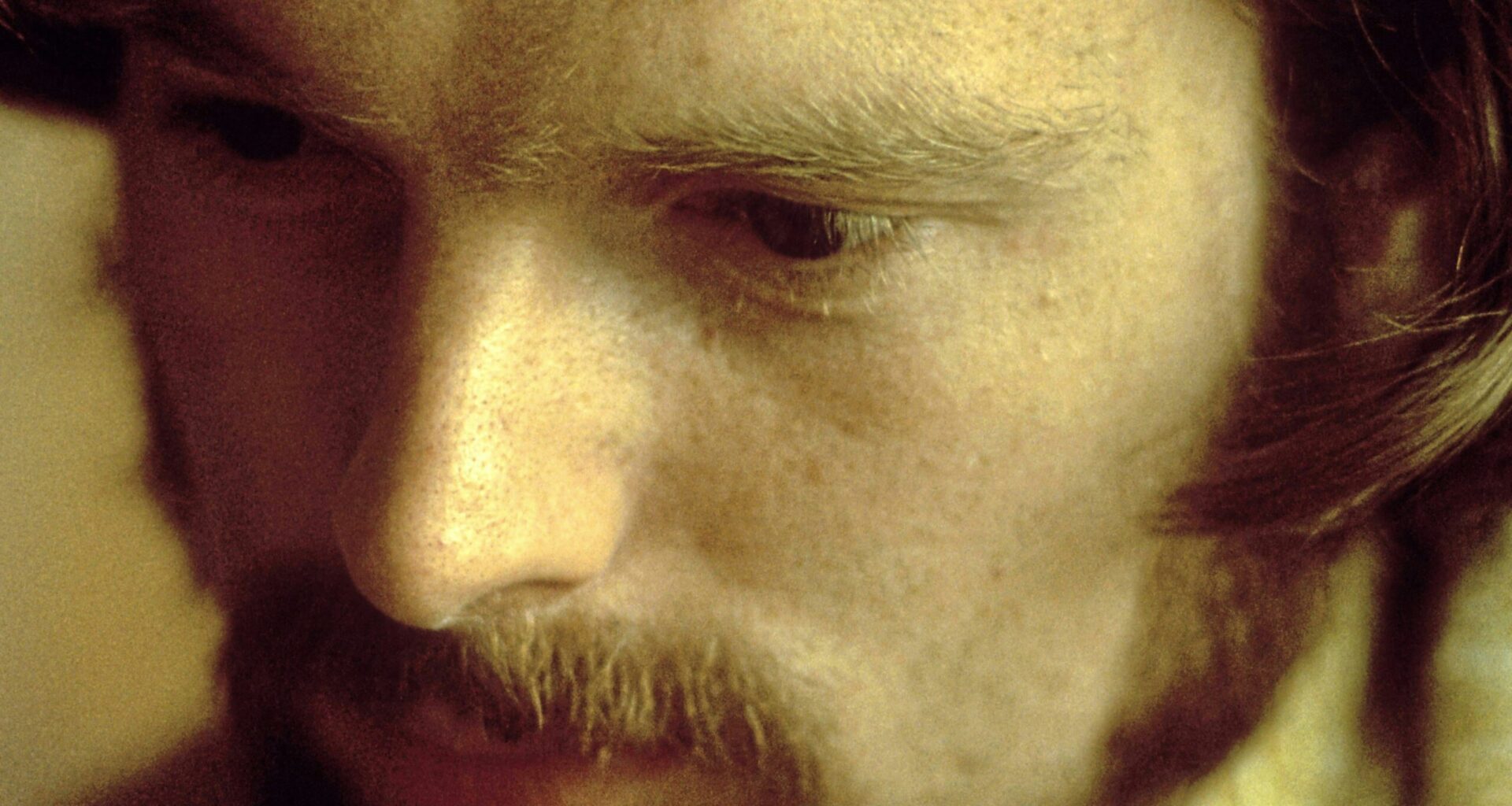The heart of all this might be the night of April 27, 1966, when Van Morrison, then 22-year-old frontman of riotous Belfast R&B outfit Them, met a 19-year-old Bay Area model called Janet Rigsbee. The meeting, at a roller rink in San Leandro, California, was, in the words of Rigsbee, “an alchemical whammo”. It was also fleeting. Morrison’s band were on tour and, following a series of financial disputes, were about to be abandoned by their manager, their visas not renewed. Morrison found himself back in his parents’ house in Belfast, broke, forlorn, and writing songs about his new love on a recently purchased reel-to-reel tape recorder. Mixing memory and desire, the songs Morrison was creating were extended blues improvisations, ephemeral romantic sketches that incorporated his yearning for Rigsbee with a longing for a vanished east Belfast, a city he no longer felt a part of.
Just as the American writer Rebecca Solnit equates the blue of distant hills with solitude and desire, the music of Astral Weeks evokes something that is always very far away or out of reach, a place you can never visit. In the 57 years since it was recorded, Astral Weeks has itself become a part of Morrison’s vanished past, something very far away we can never return to. Yet all the albums we’ve selected here as his essential releases fit into that extended Morrison mythos. They are all attempts to capture that blue of distance, the expanse that extends beyond the self that you can never fully comprehend. They are the sound of thought and shadow, remembering and forgetting, heard in Morrison’s rich, earthy growl of strange reverence, but also in his discursive, evocative lyrics of questing and reminiscence, and music that, at its best, has a unique meditative power that briefly captures the ineffable and the euphoric. These 10 albums do that better than all his others, but it should be stressed that in a 60-year career, Van Morrison has made far more than 10 great records, and this is just the beginning…
10.
Van Morrison
Remembering Now
EXILE/VIRGIN, 2025
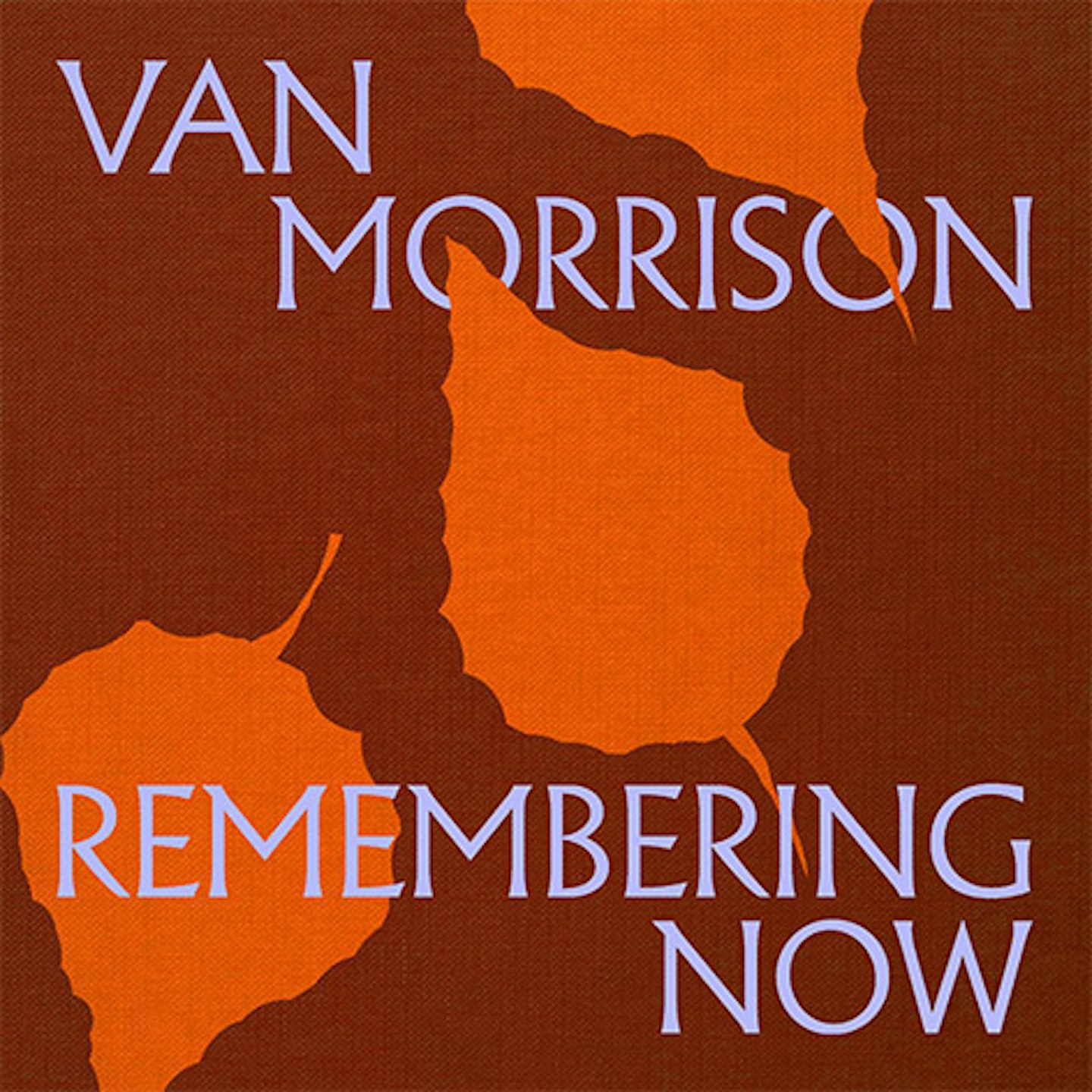
It’s hard to think of another recording artist whose forty-seventh album would be up there with their best, but this epic double LP is both Morrison’s strongest collection of songs since 1991’s Hymns To The Silence but also an album completely in tune with the themes of rebirth, memory and romanticism that run through all his best works. MOJO reviewed this record back in June 2025 and it’s seemingly grown in beauty since, especially the final six songs which, from the romantic optimism of Once In A Lifetime Feelings to the sweetly aching Stomping Ground and the rhapsodic eight-minute epic, Stretching Out, ripple with a hypnotic intimacy that’s a wonder to experience.
9.
Van Morrison & The Chieftains
Irish Heartbeat
MERCURY, 1988
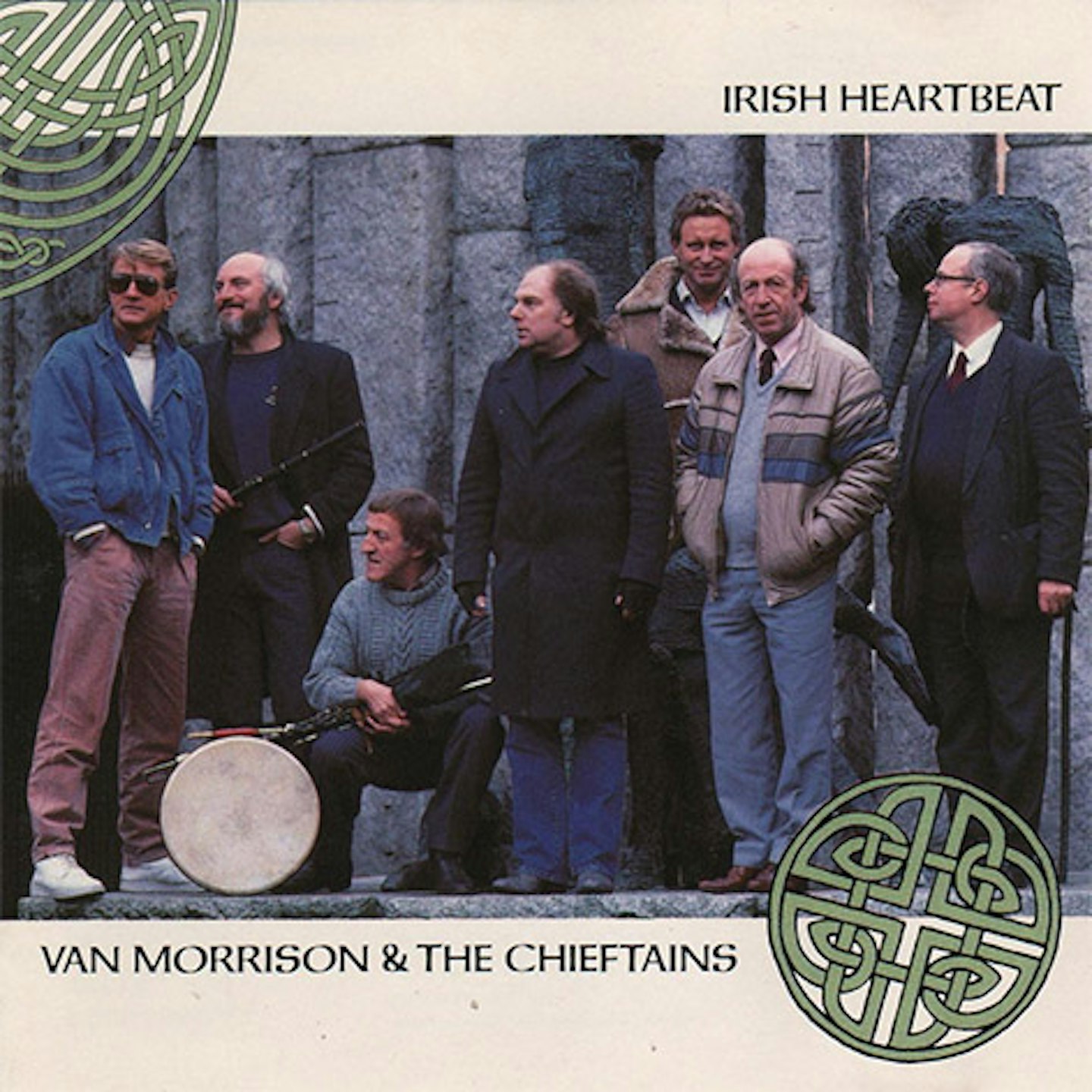
Although its cover screams “Will this do?”, this collaboration between Morrison and the revered Irish folk ensemble is an undoubted masterpiece. Recorded in Belfast at a time when the 42-year-old was searching for his roots and mourning his father, Irish Heartbeat has both celebration and grief. Purists criticised his candenza-heavy readings of such traditional Irish songs as My Lagan Love and She Moved Through The Fair, and sometimes you hear the band struggling to stay in time, but overall Morrison and crew tune into a melancholic, inscrutable groove that is eerily powerful.
8.
Van Morrison
Common One
MERCURY, 1980
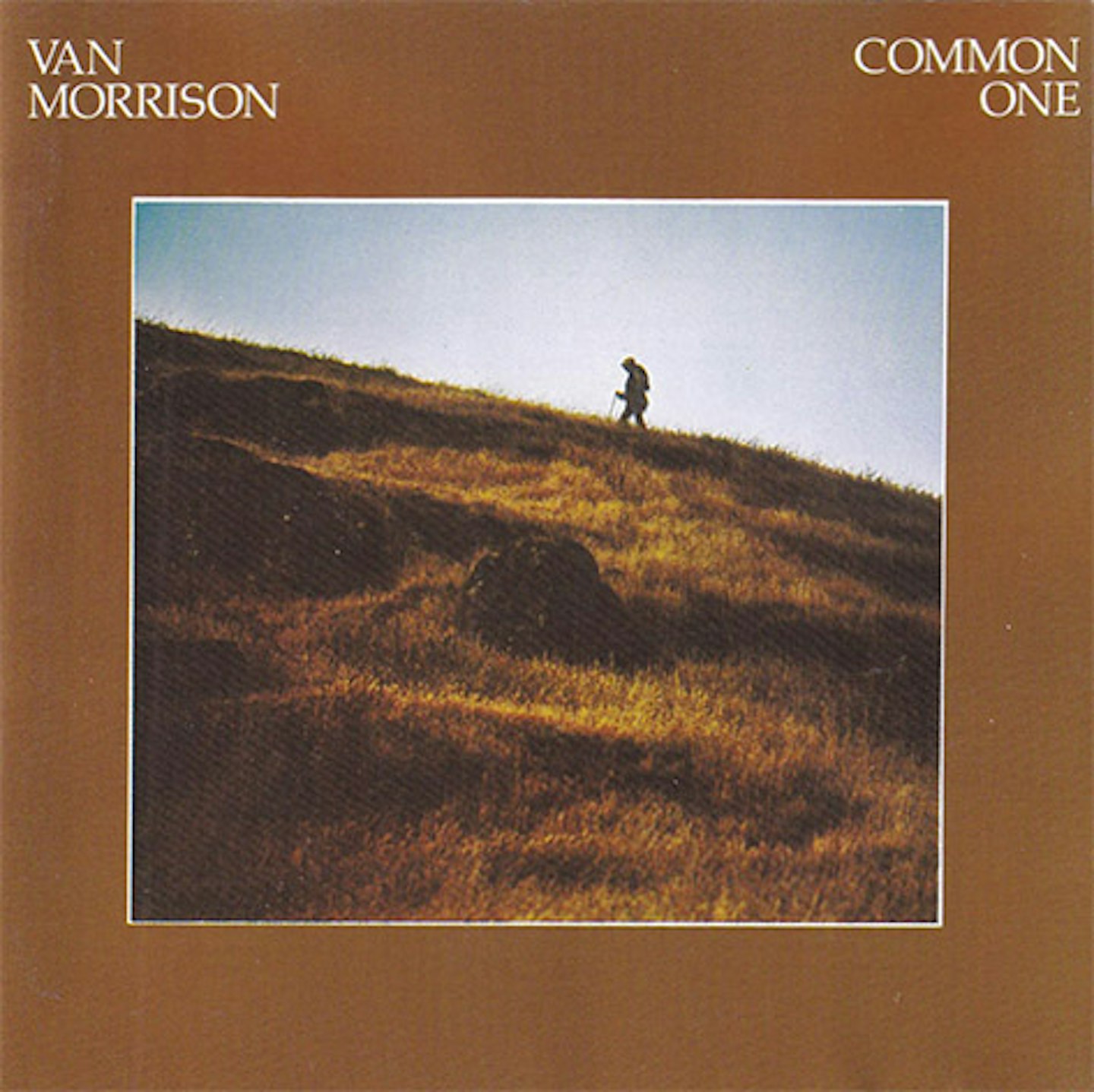
Unlike many of his contemporaries, Van Morrison had a remarkable 1980s creating a run of albums that inhabit a sublime, existential Otherworld. The first in that run is a set of exquisitely arranged introspective ballads, disquisitions on spirit, fortitude and independence. Speaking to this writer in 2022 about his love of Miles Davis’s In A Silent Way, Morrison singled out “the meditative aspect of it… Miles said whatever he had to say without a lot of notes. I liked that.” Well, Common One is Morrison’s In A Silent Way, a record of spacious, melancholy intimacy that in the 15-minute epics Summertime In England and When Heart Is Open can place you in a state of trance-like bliss.
7.
Van Morrison
No Guru, No Method, No Teacher
MERCURY, 1986
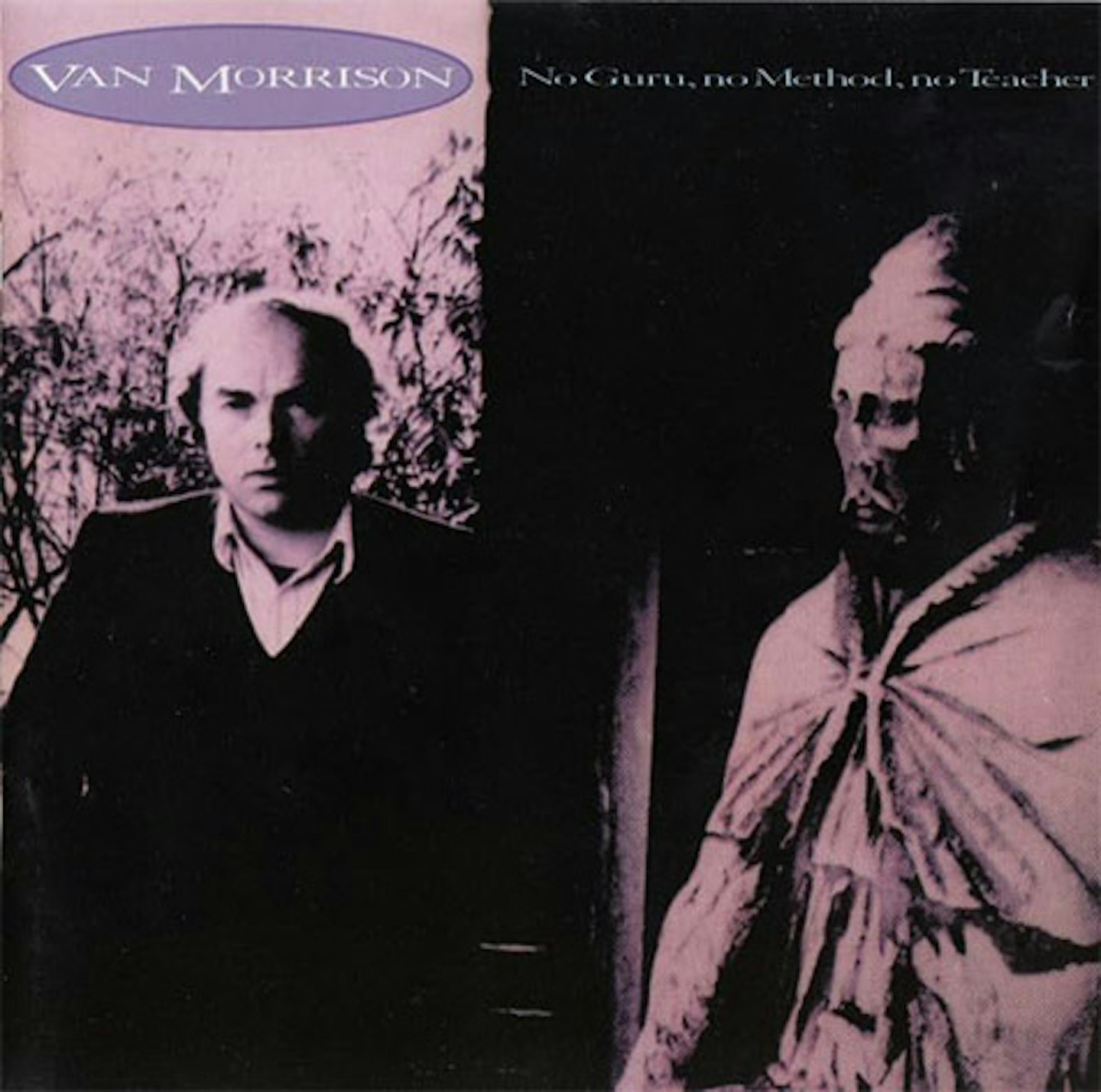
Recorded in the wake of a disastrous Australian tour, this remarkable album is a curious mixture of moods. Reunited with ’70s arranger and pianist Jef Labes, and utilising an acoustic tapestry of oboe, cello, harp, violin, organ and vibes, Morrison moves from score-settling bitterness (Thanks For The Information; A Town Called Paradise; Ivory Tower), to euphoric reminiscence (Got To Go Back; Oh The Warm Feeling) and spiritual questing (In The Garden; Tir Na Nog), forever caught between the past and the present in his quest for the transcendent. He achieves it unequivocally on In The Garden, capturing a metaphysical wonder you sense he has been seeking all his career.
6.
Van Morrison
Into The Music
MERCURY, 1979
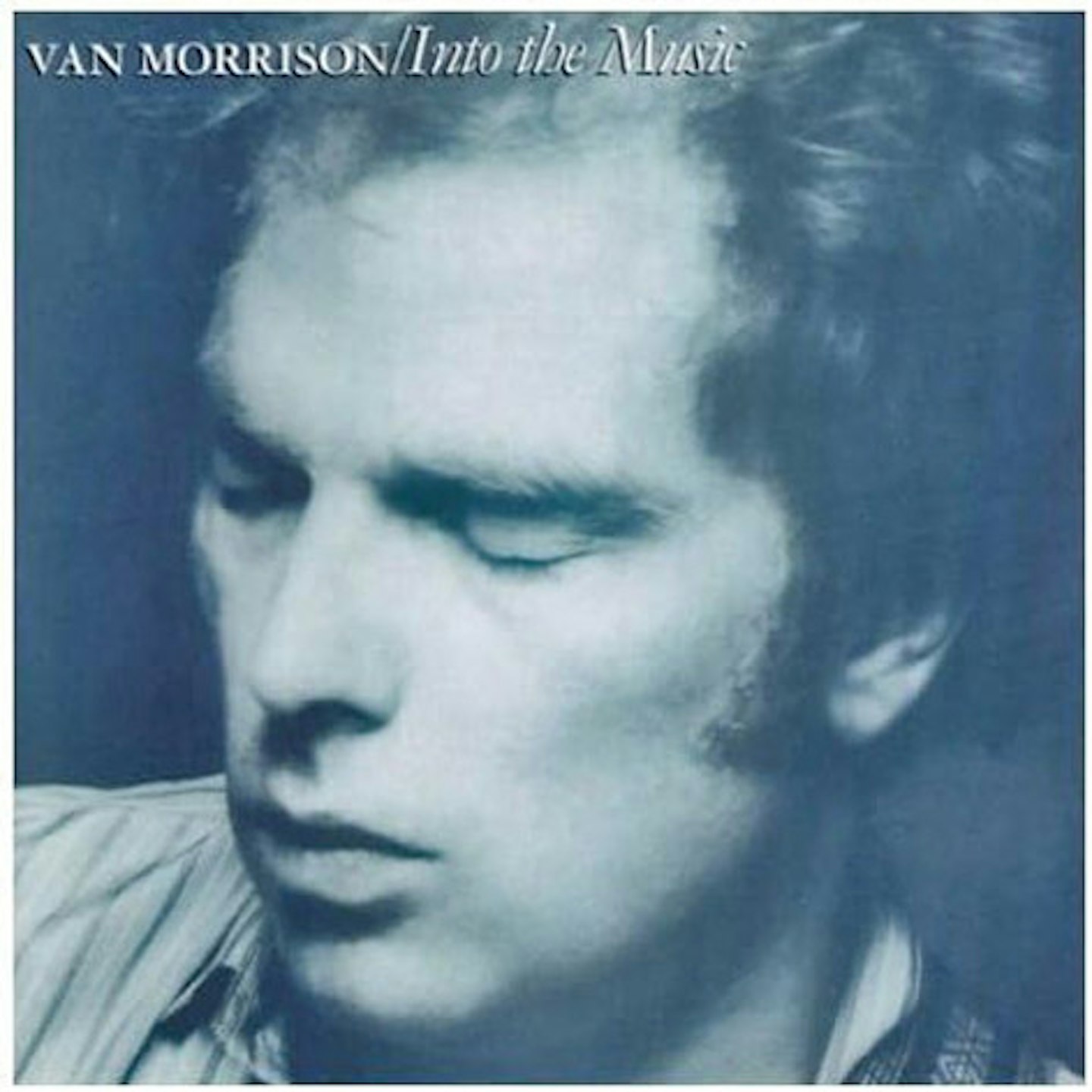
Mostly written whilst Morrison was staying in the Cotswolds with longtime Belfast friend Herbie Armstrong, and conceived in the wake of 1978’s commercial misstep Wavelength, Into The Music was the first album of many recorded with James Brown saxophonist and arranger Pee Wee Ellis. His small ensemble set-up allows Van to relax into the sound, resulting in one of his most graceful, subtle and assured albums. From the easeful joy of album opener Bright Side Of The Road to the free-rolling nostalgia of And The Healing Has Begun, Into The Music stands as a quiet evocative work of intangible beauty shot through with a pastoral innocence.
5.
Van Morrison
Moondance
WARNER BROS, 1970
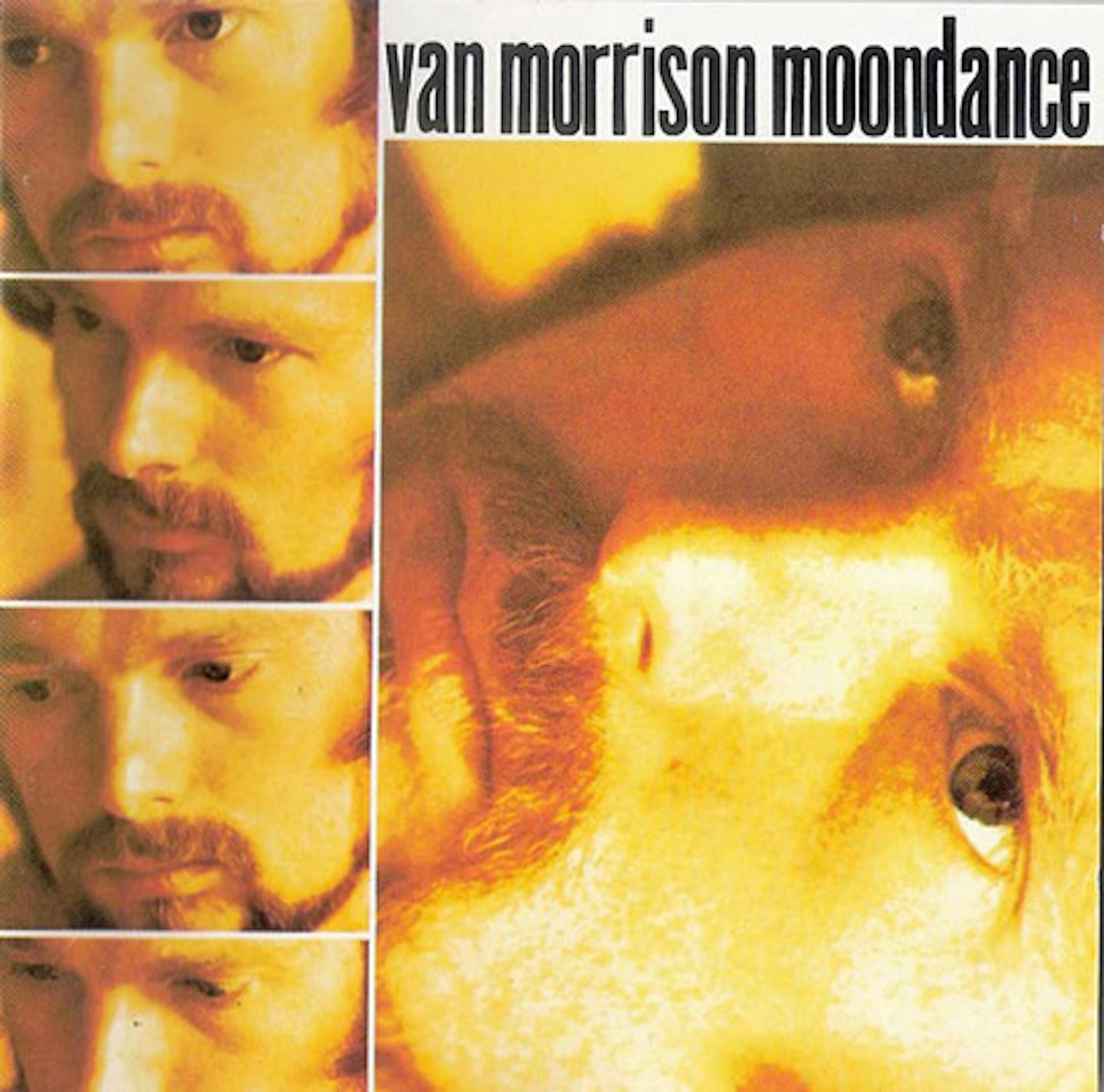
Initially recorded with the same line-up as Astral Weeks, then scrapped when Morrison saw AW’s sales figures and felt that “I had to forget about the artist thing,” Moondance is an unashamedly commercial album yet one produced, by Morrison, in a mood of spontaneity that moves through jazz, soul, R&B, blues and gospel. His most accessible LP, it’s also a strong candidate for being the best introductory Van LP in this list. However, may we suggest that it’s best experienced after Astral Weeks, allowing you to hear how Morrison transformed the experimental sound of the late ’60s into the FM rock of the ’70s whilst keeping his soul, passion and mysticism intact.
4.
Van Morrison
It’s Too Late To Stop Now
WARNER BROS, 1974
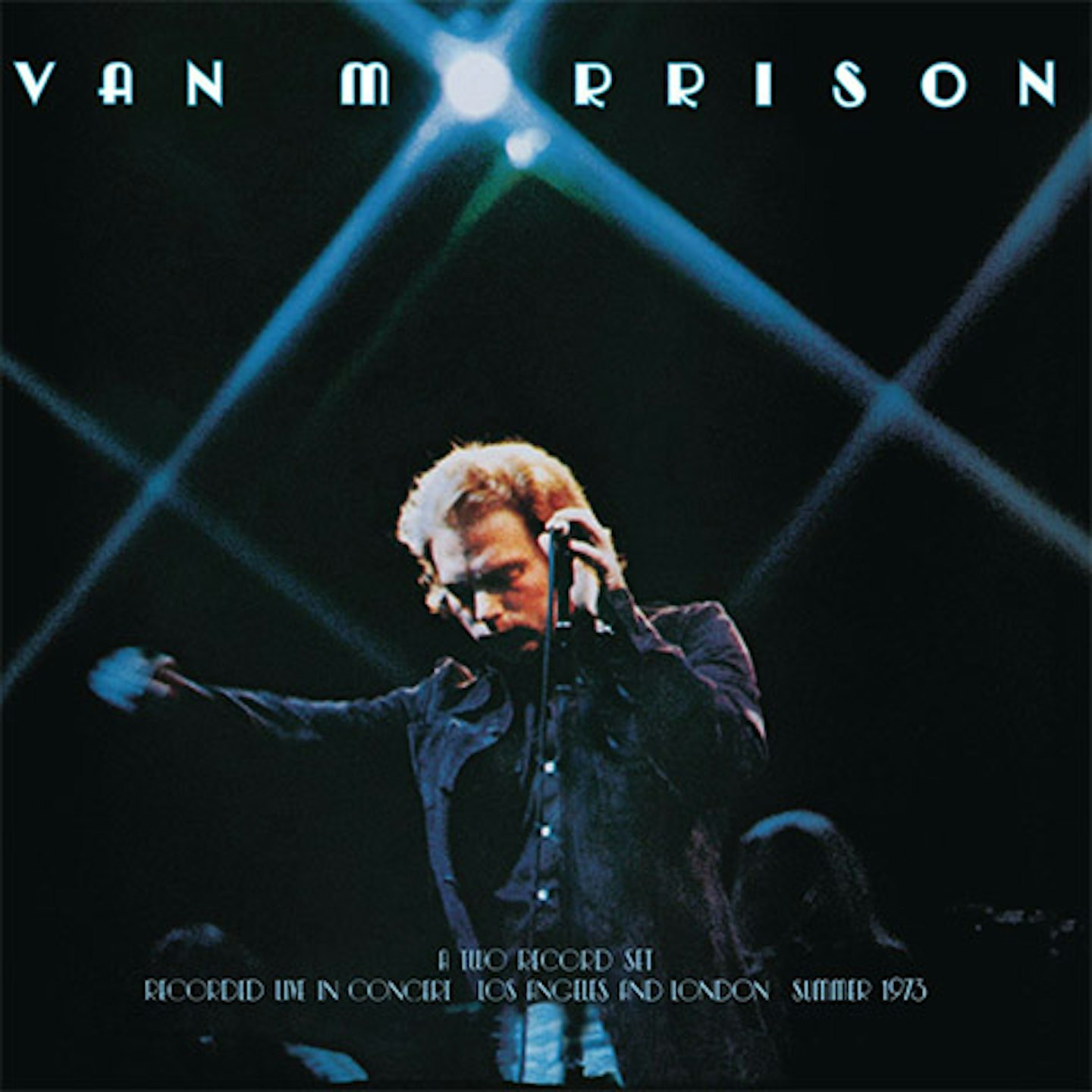
A tribute to Morrison’s 11-piece live outfit the Caledonia Soul Orchestra, this double LP ranks as one of the greatest concert recordings ever. Exquisitely sequenced, taped from May to July 1973 at the LA Troubadour, the Santa Monica Civic, and London’s Rainbow, it captures Morrison in what he considered his “true form”. Centred around the string and horn arrangements of musical director Jef Labes, the band allow Van to extemporise, improvise and free associate, the singer leaving room for the band to follow, reflect and repeat. Best heard with the additional Volumes II-IV, released on CD in 2016.
3.
Van Morrison
Saint Dominic’s Preview
WARNER BROS, 1972
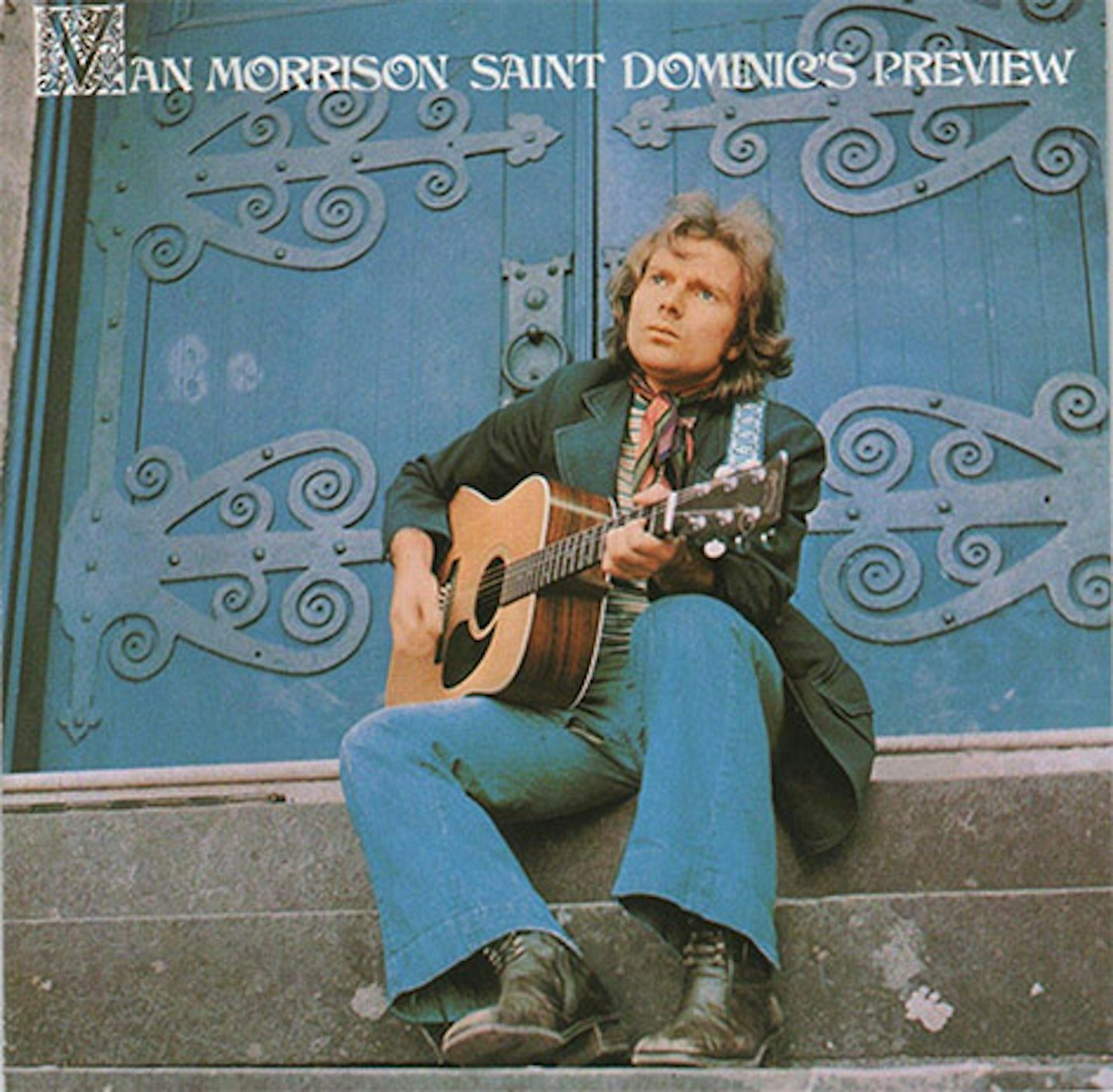
Inspired by a premonition about a mass for Belfast peace at Saint Dominic’s Church in San Francisco, Saint Dominic’s Preview stands as the perfect midpoint between the euphoric pop of Moondance and Astral Weeks’ reverie. Highlights include R&B belters Jackie Wilson Said and Gypsy, but those are dwarfed by the title track’s wandering San Francisco blues and two trance odysseys: Listen To The Lion’s journey into the arcane and mythical and the gorgeous Almost Independence Day, where Morrison’s repeated phrases and wordless echoes meet Bernie Krause’s eerie Moog drone to evoke a cool night on SF harbour.
2.
Van Morrison
Veedon Fleece
WARNER BROS, 1974
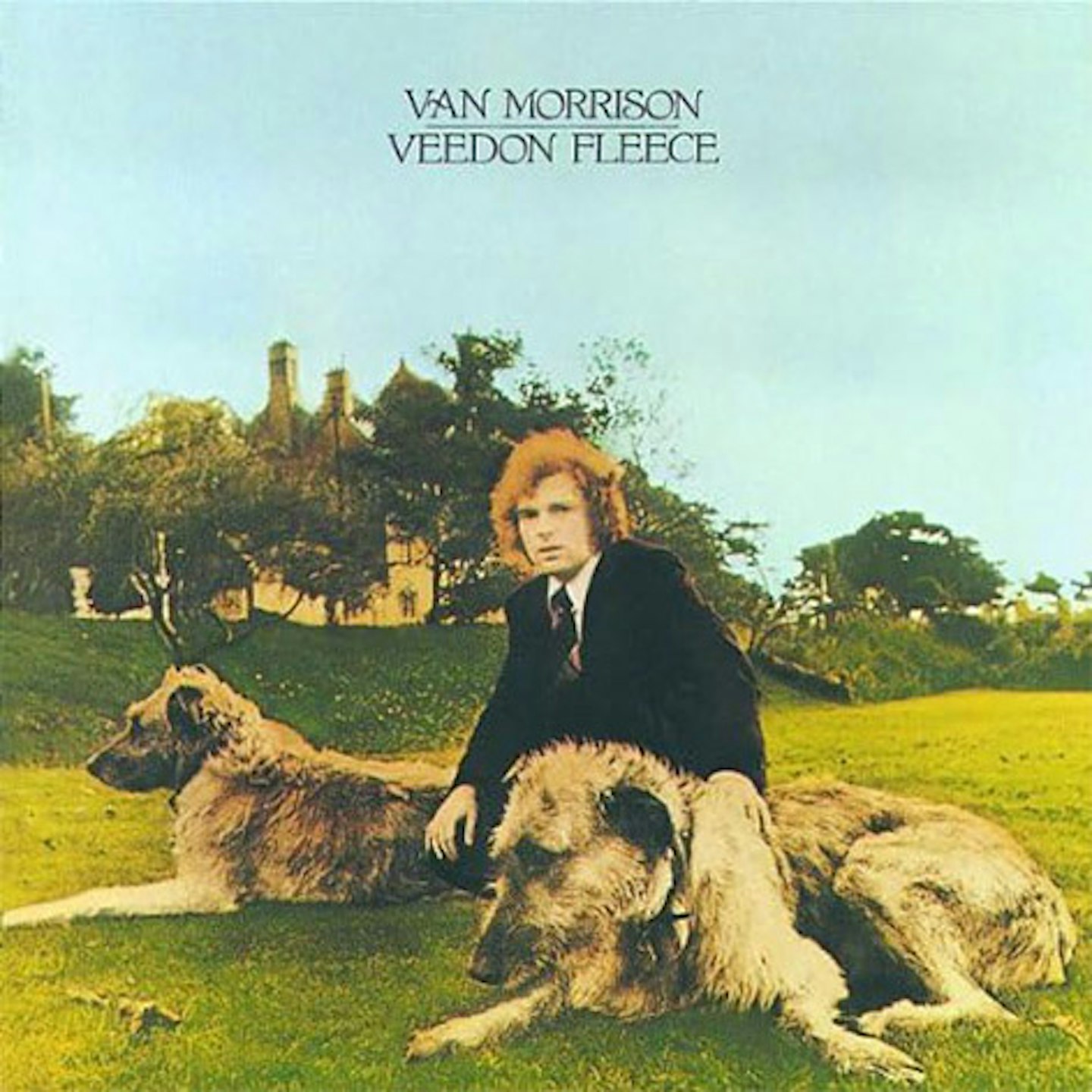
Veedon Fleece reconstructs the same conversational viaducts of abstract self-mythology as Astral Weeks around Morrison’s Blakean vision of a fabled southern Ireland. “All the songs had the same transcendental tension [as] Astral Weeks,” said bassist David Hayes. “The music just feels… suspended.” From the opening track Fair Play chronicling a saunter through south-west Ireland, hung up on thoughts of Poe, Oscar Wilde and Thoreau, Morrison sounds caught in a vanishing reverie, veering from San Francisco mobsters (Linden Arden Stole The Highlights; Who Was That Masked Man) to gestalt theory (You Don’t Pull No Punches…), buoyed by the folk melodies of Jeff Labes’ exquisite string arrangements.
1.
Van Morrison
Astral Weeks
WARNER BROS/SEVEN ARTS, 1968
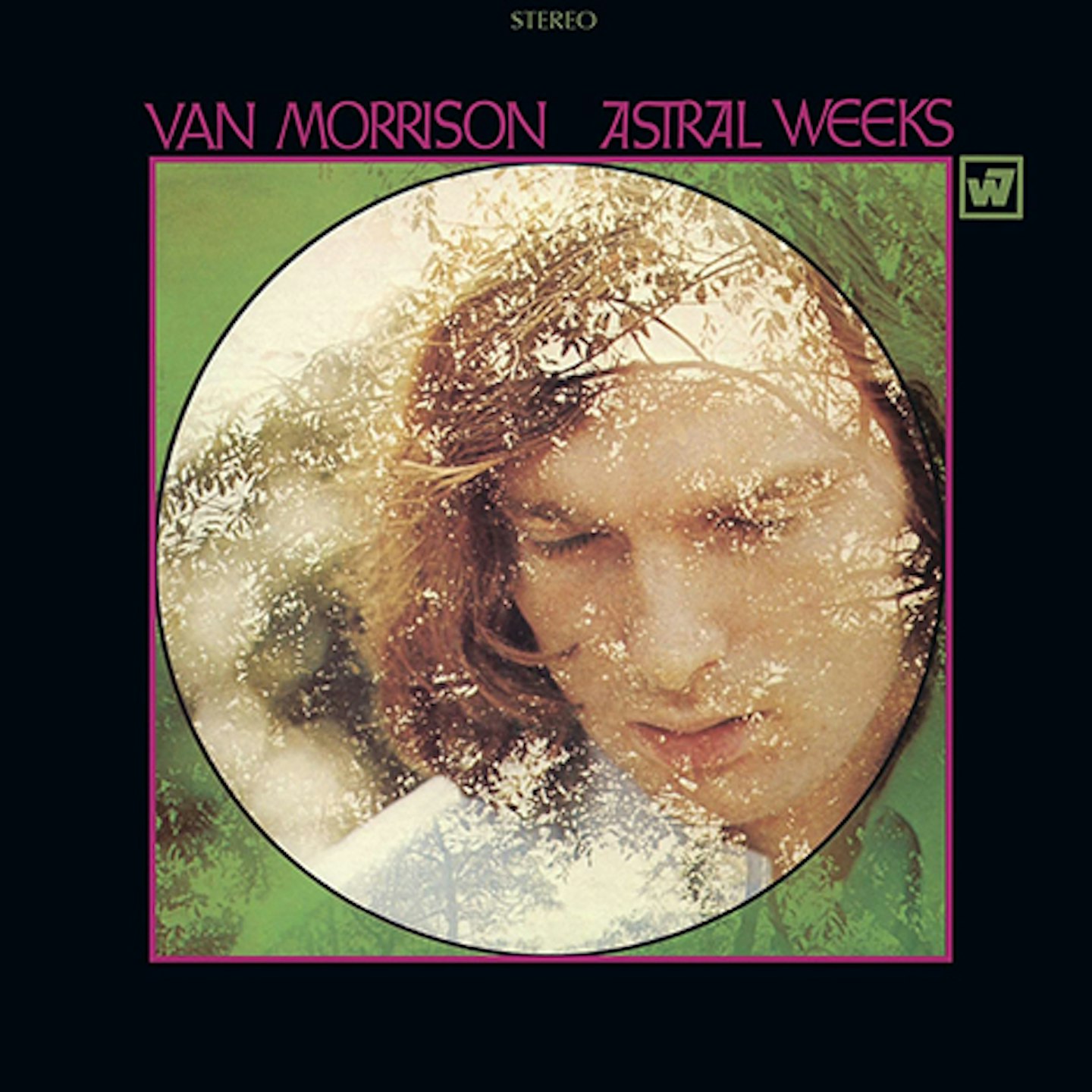
Although inspired by loneliness and longing while holed up in the UK and Northern Ireland, the semi-acoustic group sound of Astral Weeks was developed in and around Cambridge, Massachusetts, before Morrison went into New York’s Century Sound in September of 1968 with a jazz quartet line-up featuring guitarist Jay Berliner, double-bassist Richard Davis, percussionist Warren Smith and the MJQ’s Connie Kay on drums. The sound of a new kind of artist being born, crafting a new language in the process, Astral Weeks is a blurred hallucinatory world of temporal shifts and transcendence, where meaning and effect are one. It is also the one Morrison album that allows you to understand the core of his musical and lyrical obsessions – longing for things out of reach; a vanished childhood; lost love; a mythic past; the true unfettered self – and experience each subsequent album in a clearer light as a result.
Photo by Elliott Landy/Redferns

